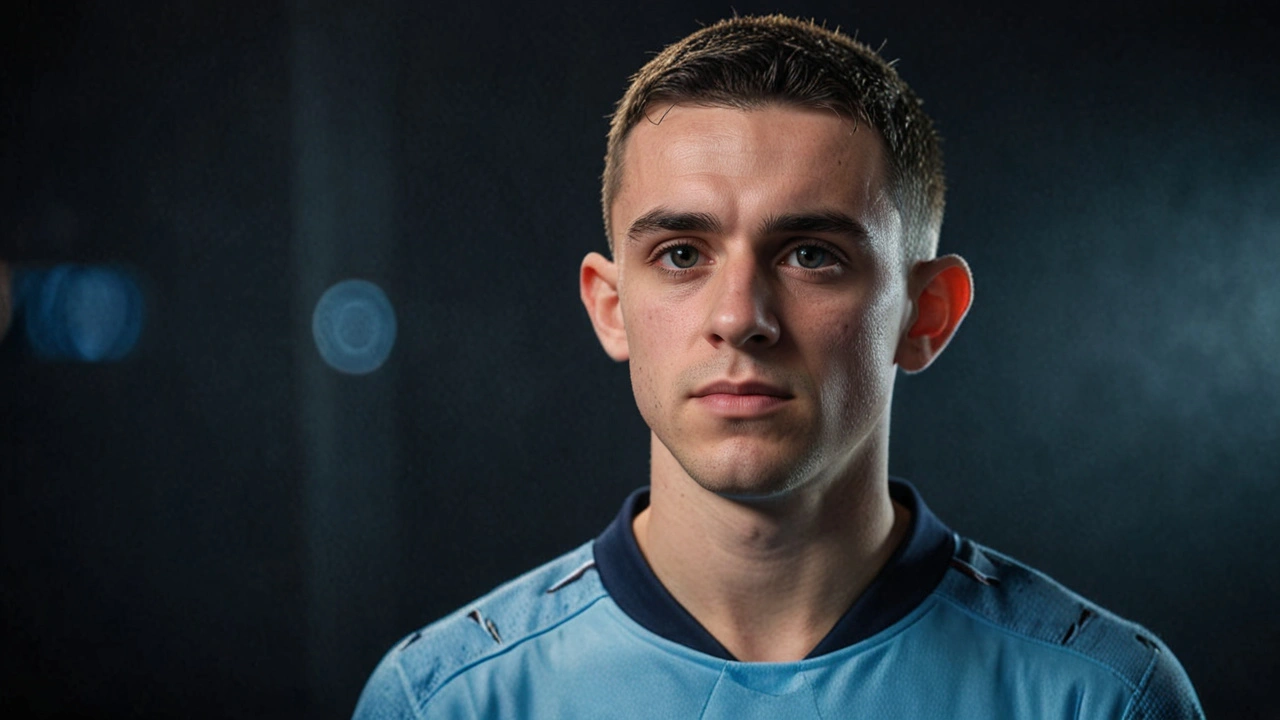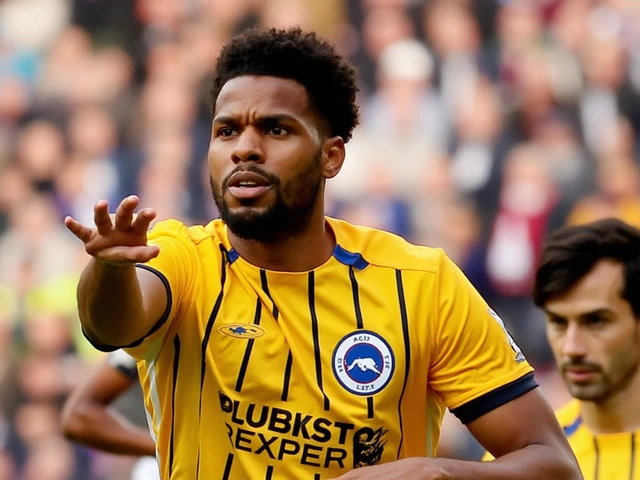Footballer hobby: what players do off the pitch and why it matters
Ever notice how top players seem relaxed when they’re not on the pitch? A footballer hobby is more than a pastime — it helps with recovery, focus, and life after the final whistle. Whether it’s gaming, cooking, or learning a language, the right hobby keeps players balanced and their minds sharp.
Fans often assume every spare minute goes to extra training. That’s not true. Hobbies give a mental break from pressure and media attention. They reduce stress, improve sleep, and even speed up recovery. Simple activities that feel fun can make a big difference on matchday.
Why hobbies help performance
Hobbies refocus attention. When a player reads, paints, or plays music, their brain shifts from constant match analysis to something new. That short break lowers cortisol and helps creativity — useful when you need a clever pass or calm penalty. Hobbies can also build new skills that transfer to football: concentration from chess, rhythm from music, or patience from fishing.
Keeping a hobby social helps too. Group activities such as golf or charity work create bonds with teammates away from the dressing room. Strong social ties reduce anxiety before big games and improve teamwork on the field.
Practical hobbies footballers actually do
Pick something that’s easy to start and fits training schedules. Gaming and streaming are popular because sessions are short and social. Cooking helps with nutrition and relaxation. Learning a language is useful for transfers and life abroad. Golf, cycling, or low-impact training keep fitness while resting joints. Creative options like photography, podcasting, or small fashion projects build a brand without draining energy.
If you’re a young player, try one hobby that’s active and one that’s quiet. Active choices keep fitness varied: swimming, yoga, or light cycling. Quiet choices protect recovery: reading, sketching, or playing acoustic guitar. Rotate them based on season demands — more calm in heavy fixture runs, more active in lighter weeks.
For professionals facing high pressure, hobbies can become second careers. Some players use fashion or content creation to grow a business and prepare for retirement. Others get involved in community projects or coaching to stay connected to football while giving back.
Fans can support players by respecting their off-field time and following hobby updates on social channels. If you want a hobby inspired by a player, start small: one online cooking class or a weekly round of golf. Consistency matters more than intensity.
Want to try a hobby today? Choose something that makes you lose track of time for 30–60 minutes. Keep it low-stress and fun. That’s the secret footballers use to stay fresh, focused, and ready for the next game.
Phil Foden, the Manchester City midfielder, has a unique hobby that makes him stand out: fishing. This passion, unlike the typical luxurious habits of other footballers, emphasizes a humble and relaxing pastime he cherishes with his dad. It reflects his grounding values and a special bond with his family, bringing a refreshing difference to his public persona.






